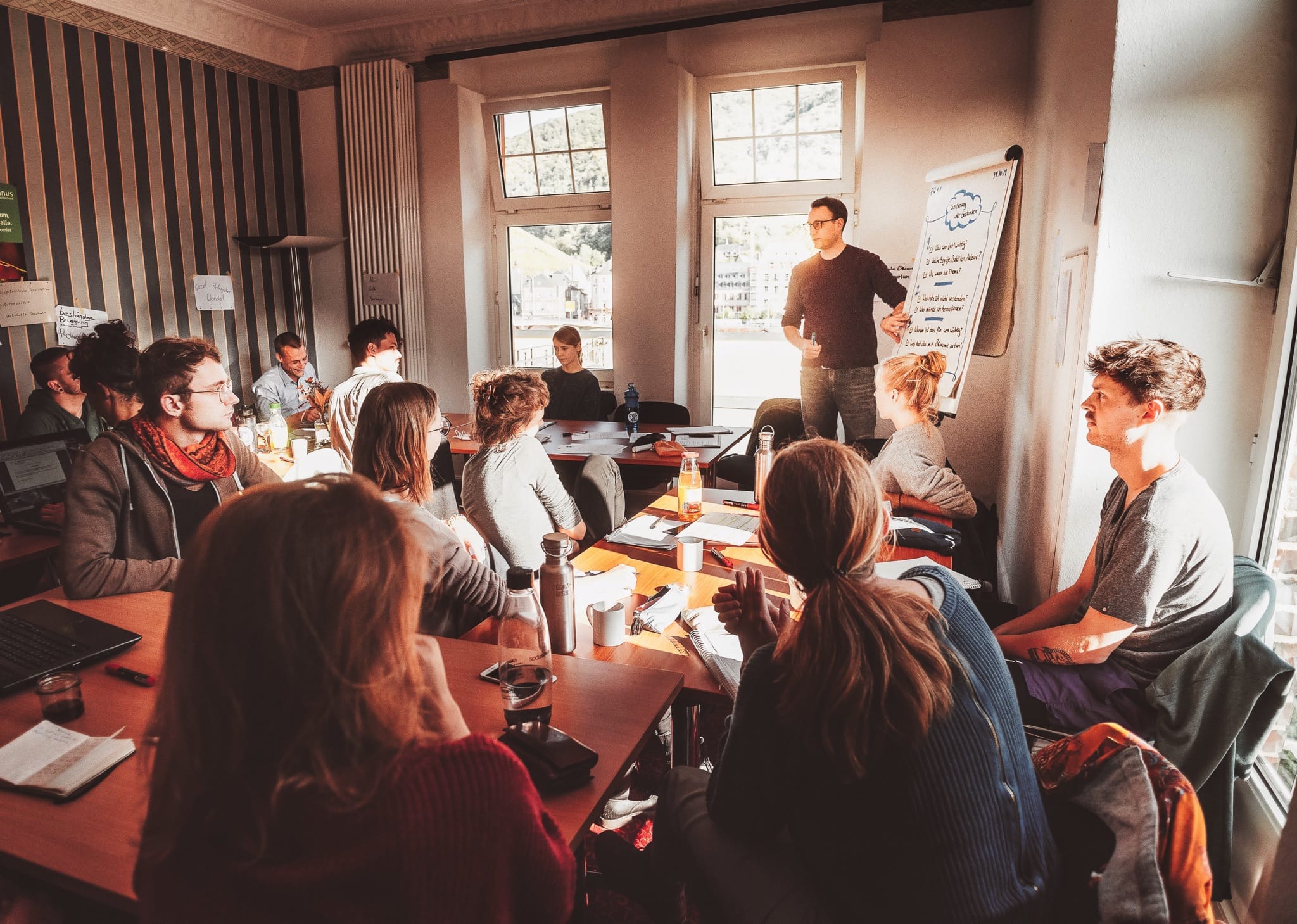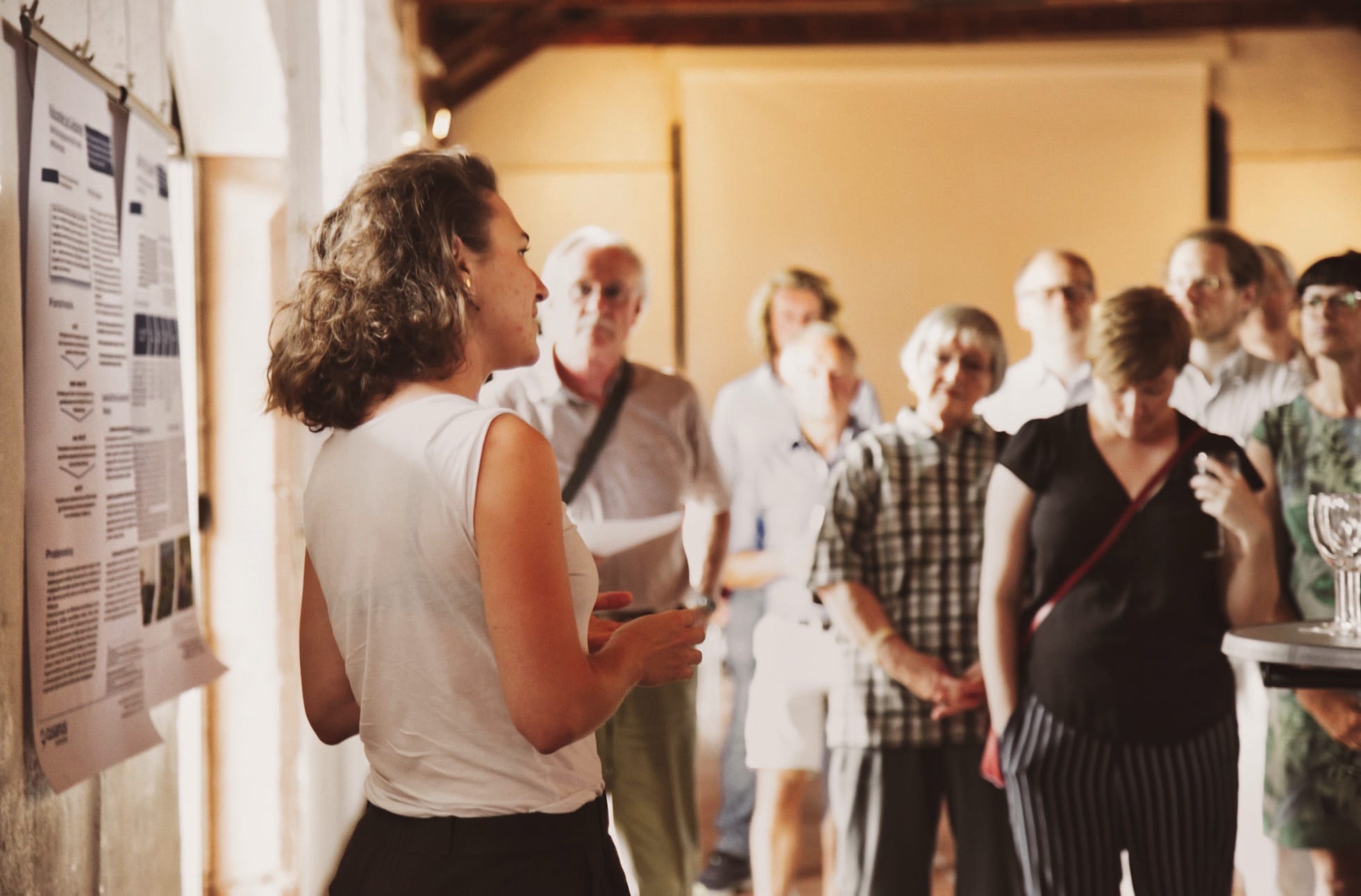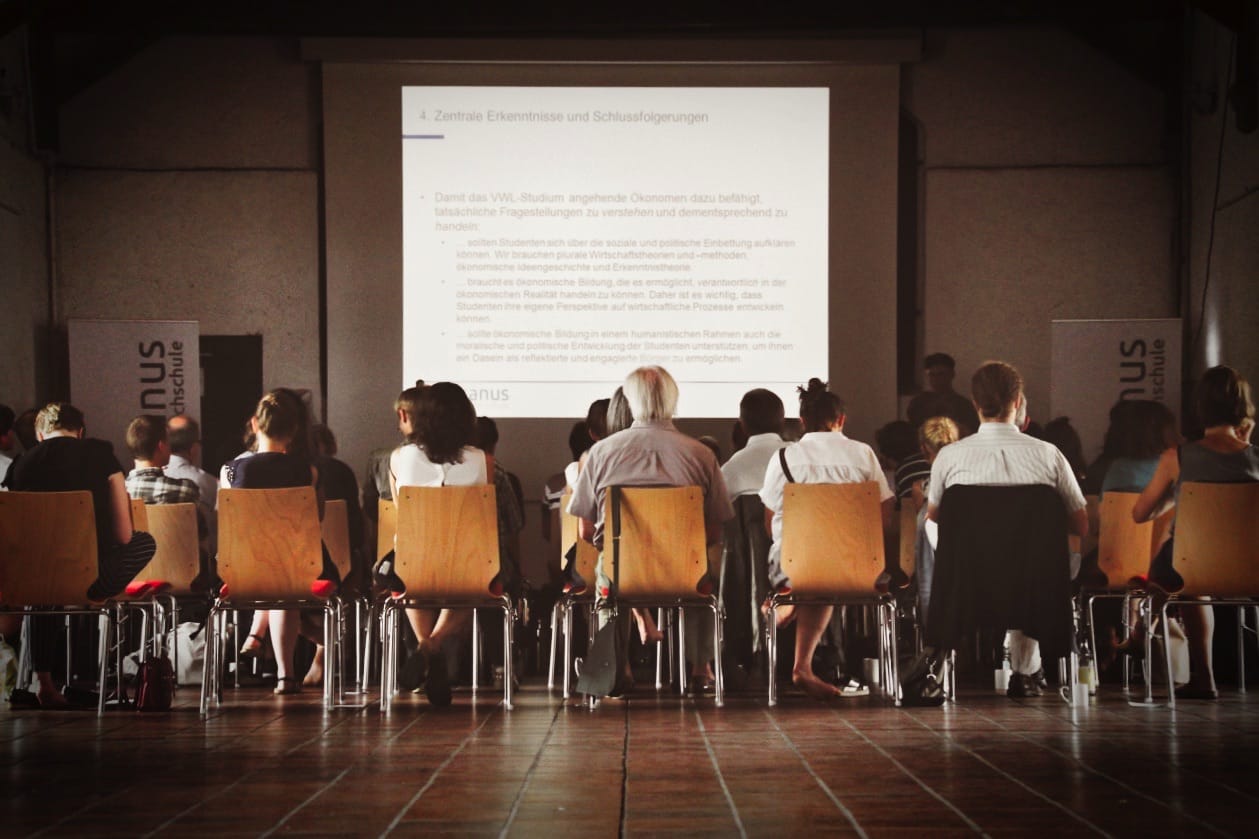
Transformative education for a sustainable world
The Hochschule für Gesellschaftsgestaltung is a state-recognized University of Applied Sciences in Koblenz in Southwestern Germany. Founded in 2014, it represents a new type of university in which teaching and research combine knowledge, action, and the power of imagination to create responsible and effective engagement. To this end, it develops didactic and scientific methods for design-oriented sciences. The active (co-)design of teaching, research, institution and society is an integral part of all its degree programs.
The impact of the HfGG’s research and educational innovations is designed to radiate far beyond the university. Together with its students and alumni, as well as practice, research and funding partners, the HfGG is becoming the center of a far-reaching network of change. In this way, it succeeds in pushing its established best practices into other educational institutions and platforms. To this end, the university works with transformers such as the “Fridays for Future” movement and innovative companies and foundations. This network enables new possibilities to engage such as through summer schools, digital lecture series and practical camps. With teaching materials and training courses, the university supports reform-minded teachers at other universities and convinces influential publishers. Finally, it increases the pressure on those who do not want to change of their own accord by initiating education policy campaigns.
All of this is only possible because donors recognize the university’s impact and potential and support the HfGG in its endeavors. Financed through a non-profit limited liability company (gGmbH), the university does not receive any basic state funding, but lives from donations and tuition fees.





